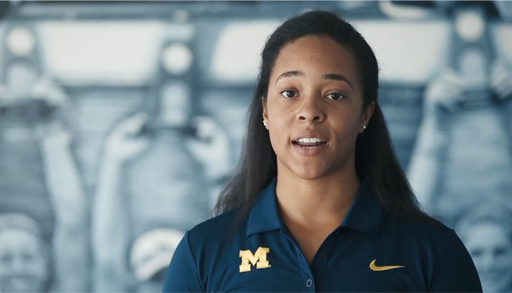4 Fostering more mentoring
Mentoring is recognised as an important role undertaken by coach developers. It can have a positive and significant impact on learning and development. How then might more mentoring opportunities and support be achieved in the digital age?
To answer this question here you see what is already happening in Triathlon. It shows what might be possible.
Activity 4 Seeing is believing: remote mentoring in action
Watch this video of Sorrel, a triathlon coach, who opted to be remotely mentored, yet never met Toby, the person mentoring her, face to face. This appears to be an unstructured and relatively low-tech solution to mentoring.

Transcript: Video 3
After watching, answer this question: How might any additional structure or use of technologies (beyond phones) enhance mentoring in your context?
Discussion
It could be argued that this open, flexible approach to mentoring fosters individualised learning since Sorrel’s needs determine the focus of her interactions. Her increased confidence is certainly likely to impact on her practice. However, if such mentoring were also used to structure, for example, coaches interpretation of common learning experiences (i.e. workshops, online resources), it might provide further valuable reflective conversations. Using more sophisticated technology such as Skype or conferencing software with video functionality may increase possibilities but this may come at a financial cost.
Next, you are asked to respond to a more hi-tech peer-support idea for transforming coach learning and development that draws on experiences in the education sector.

